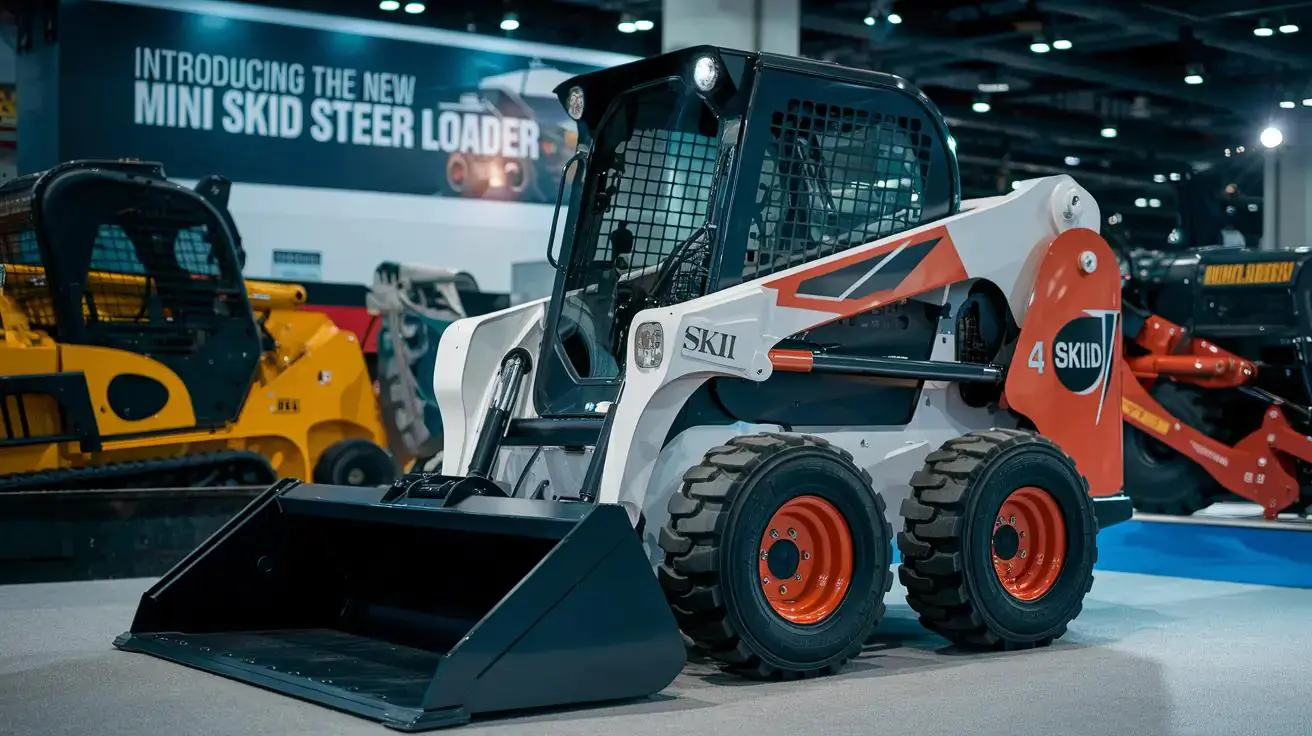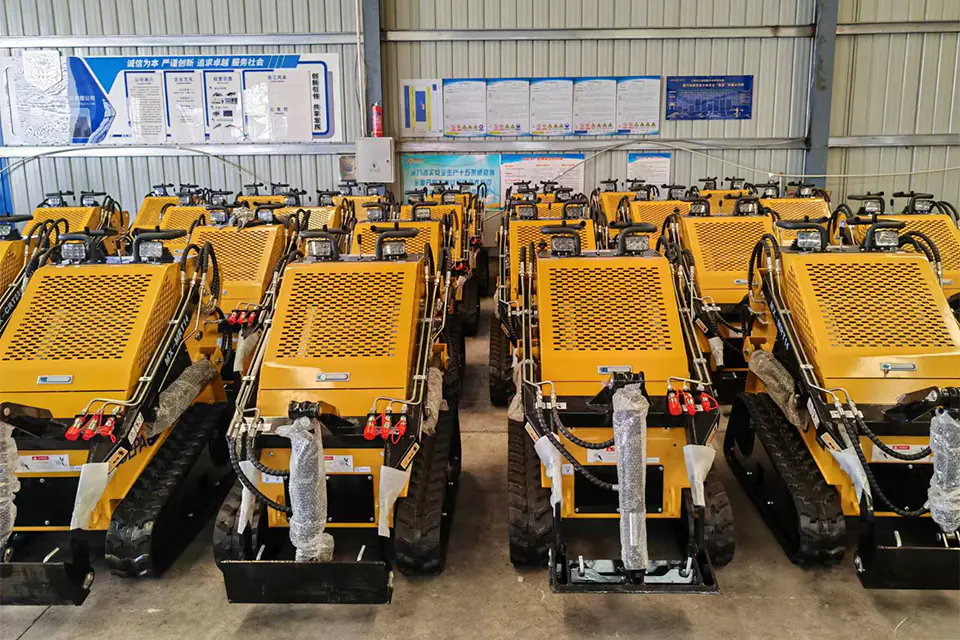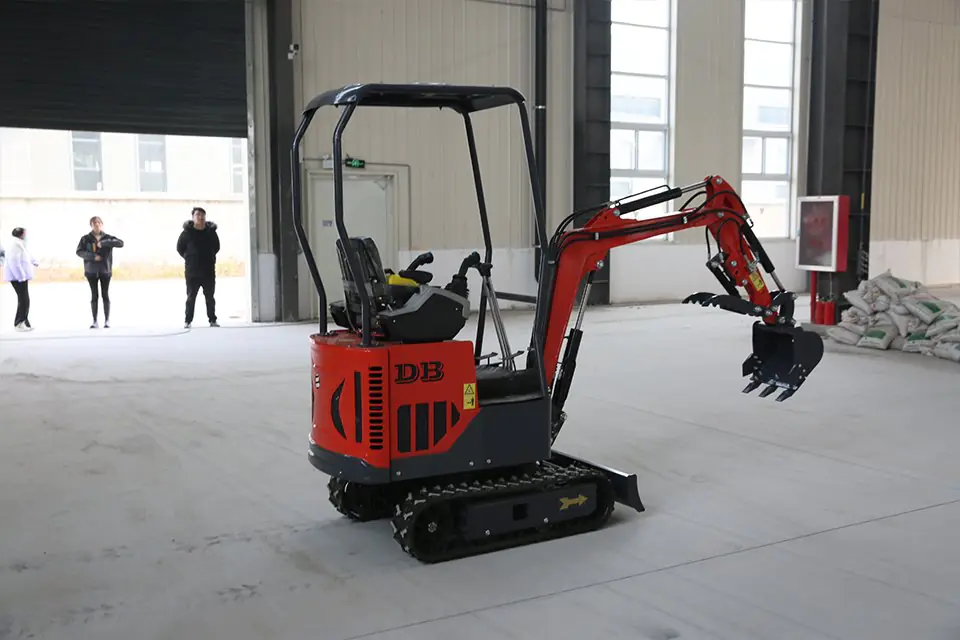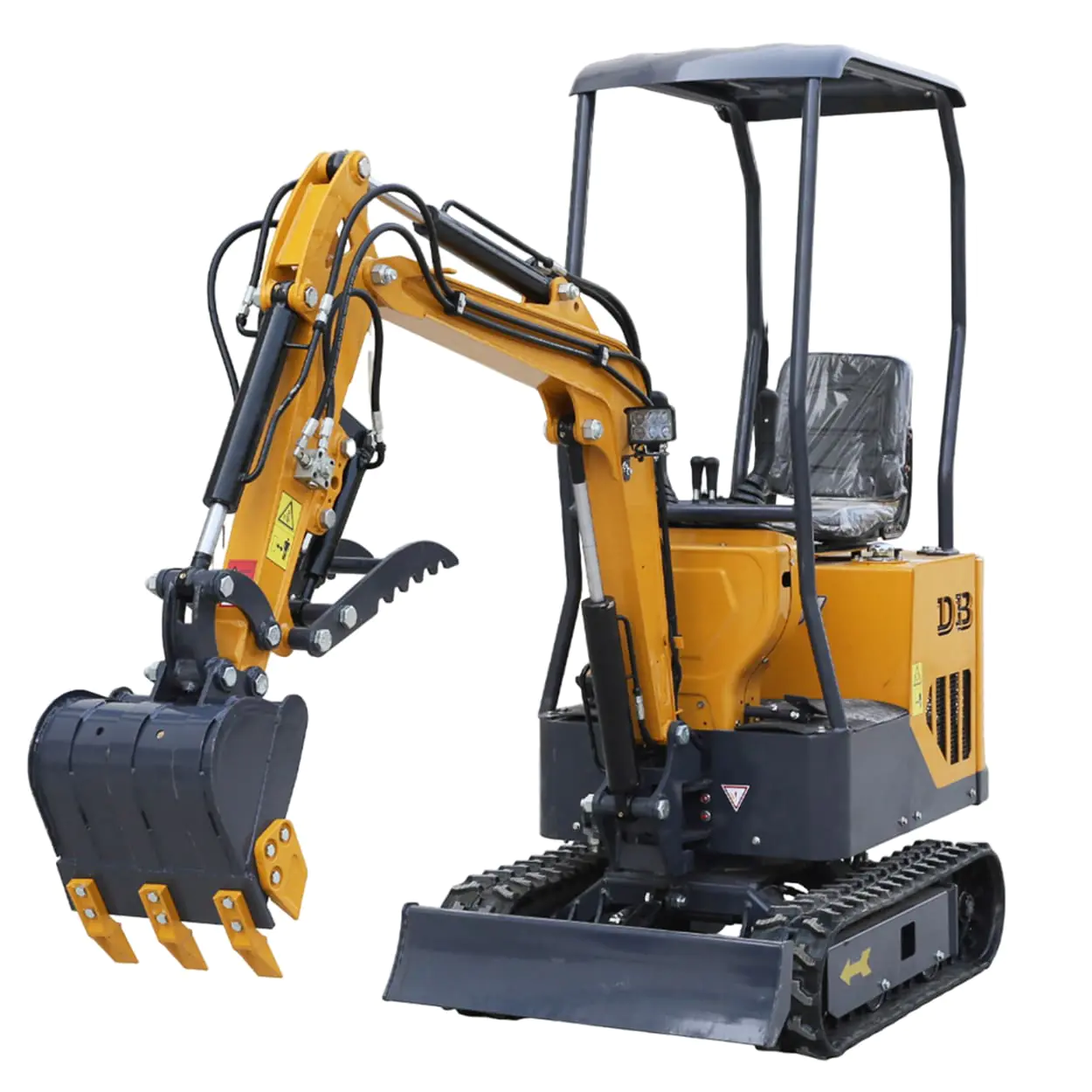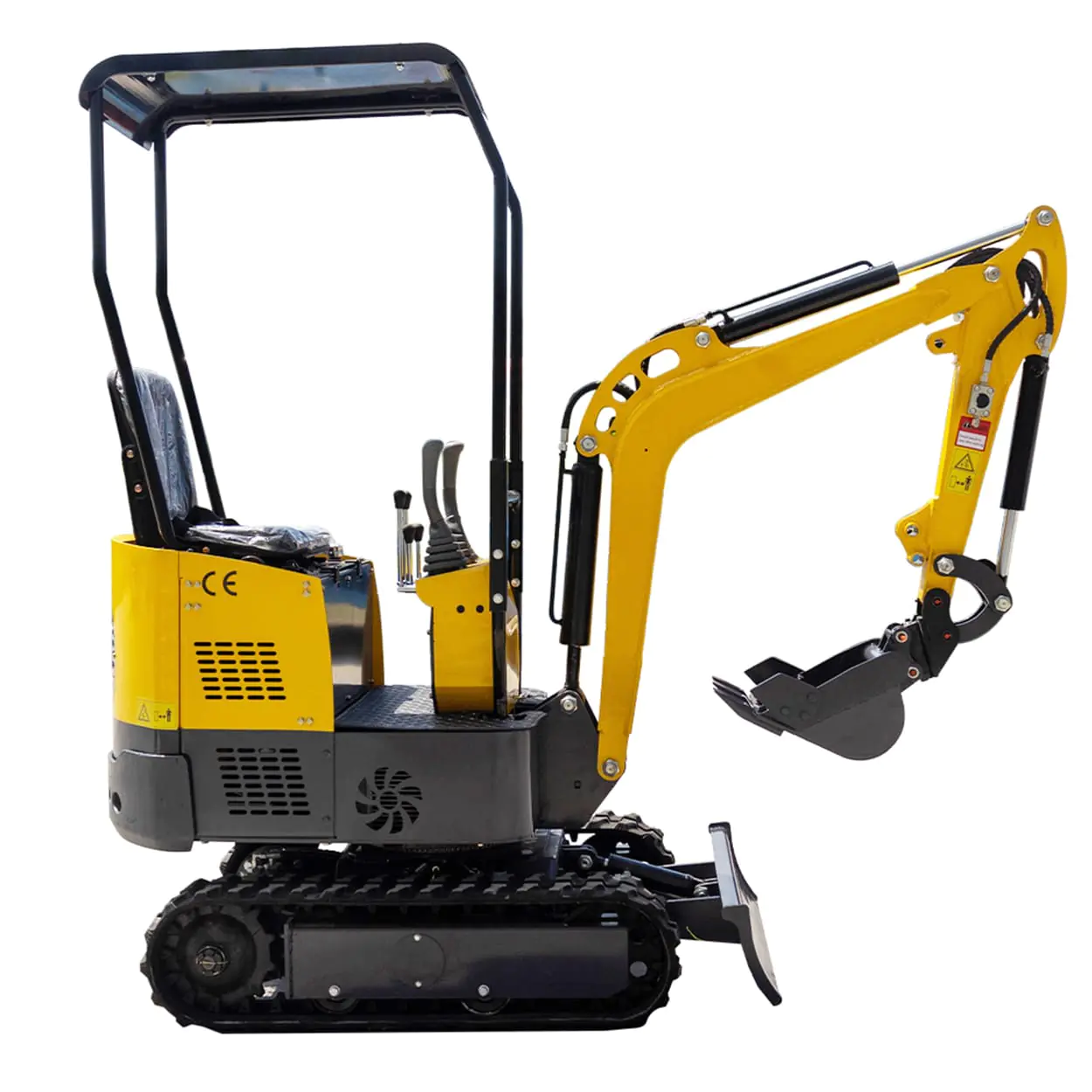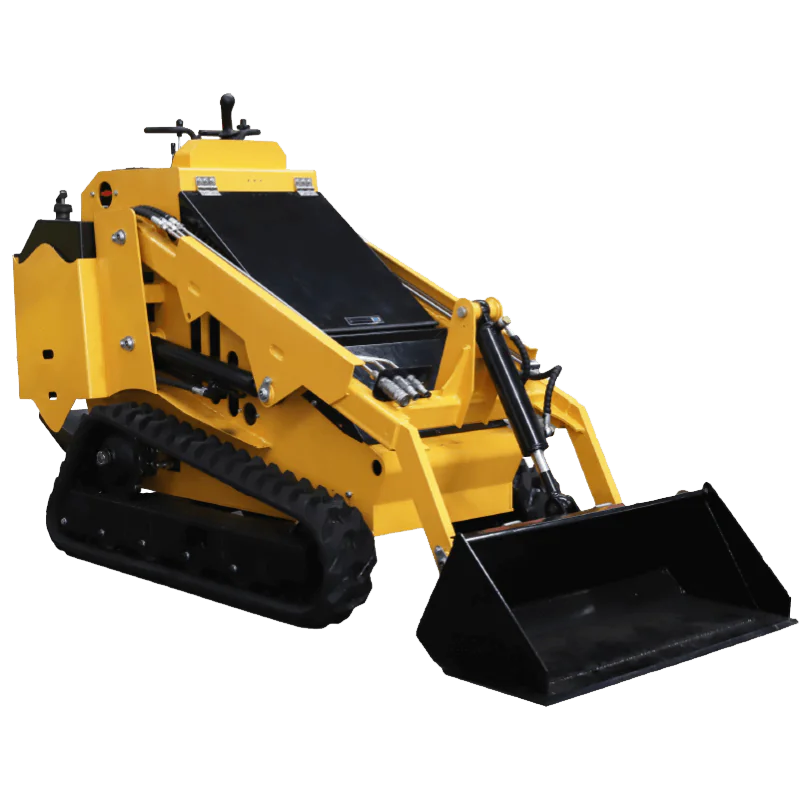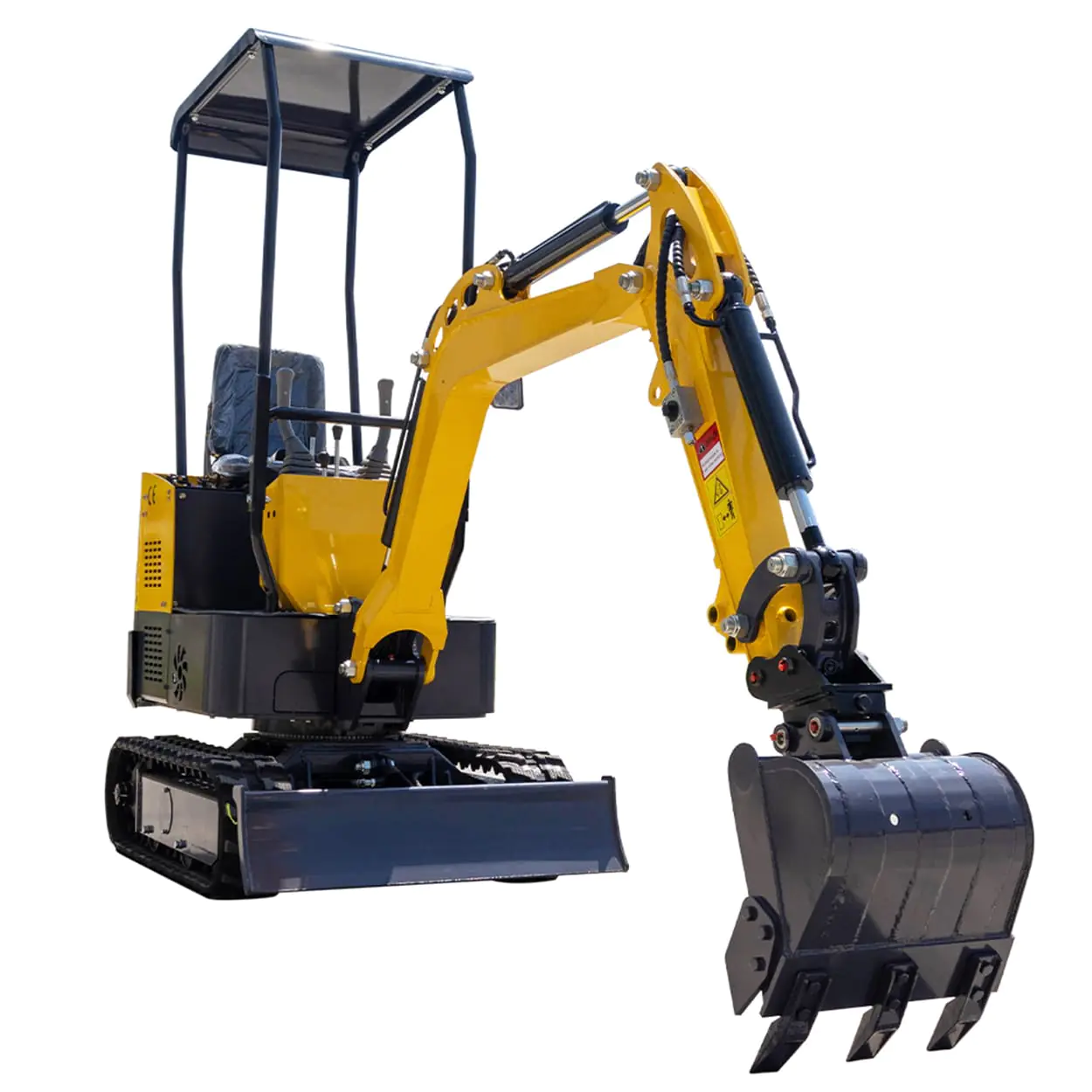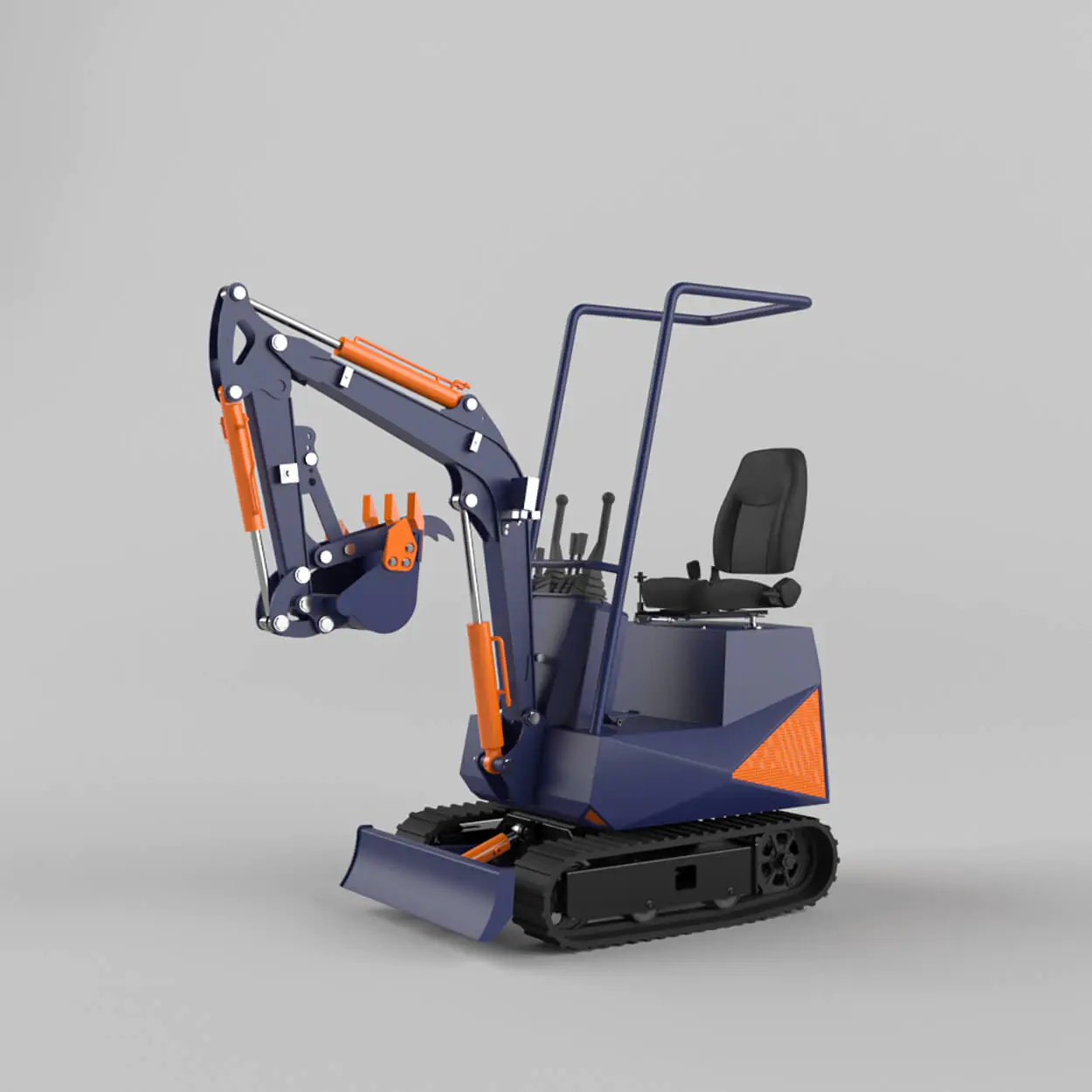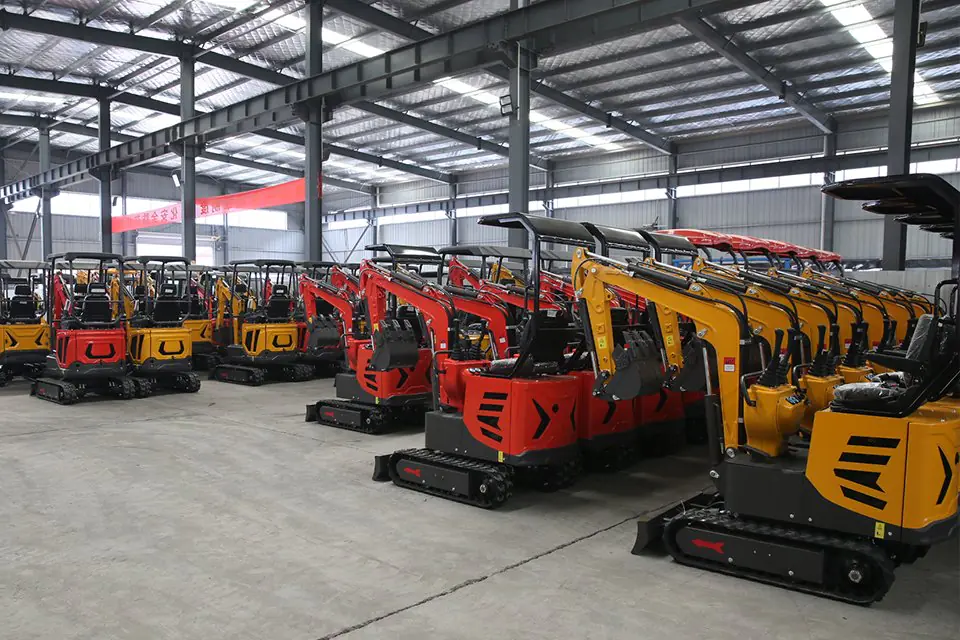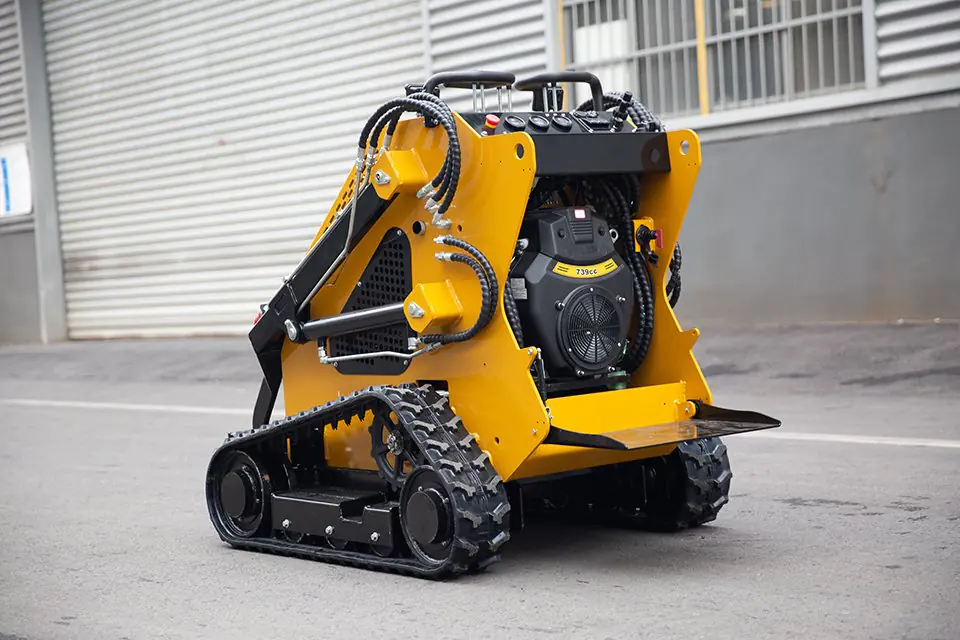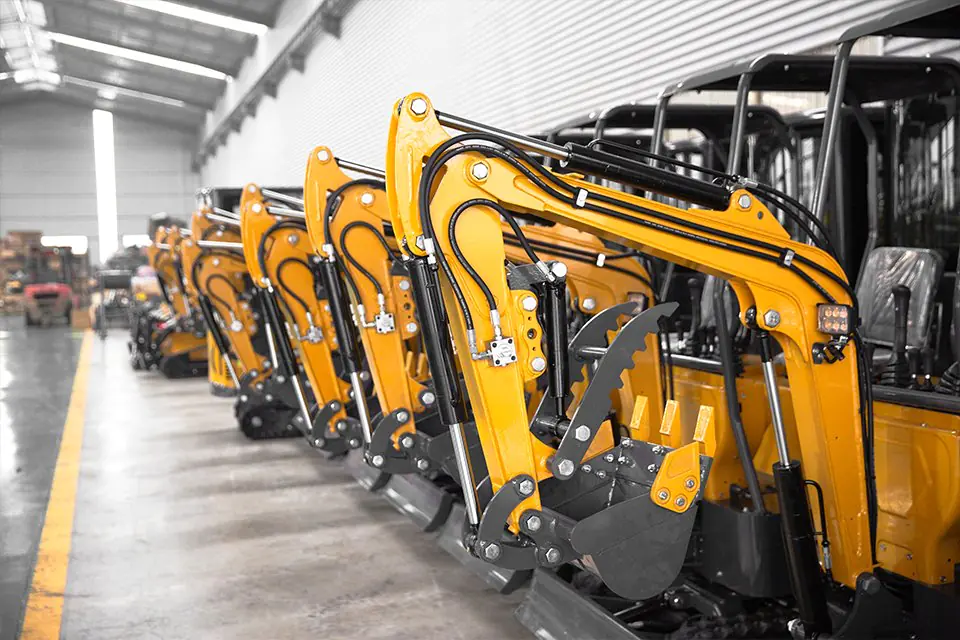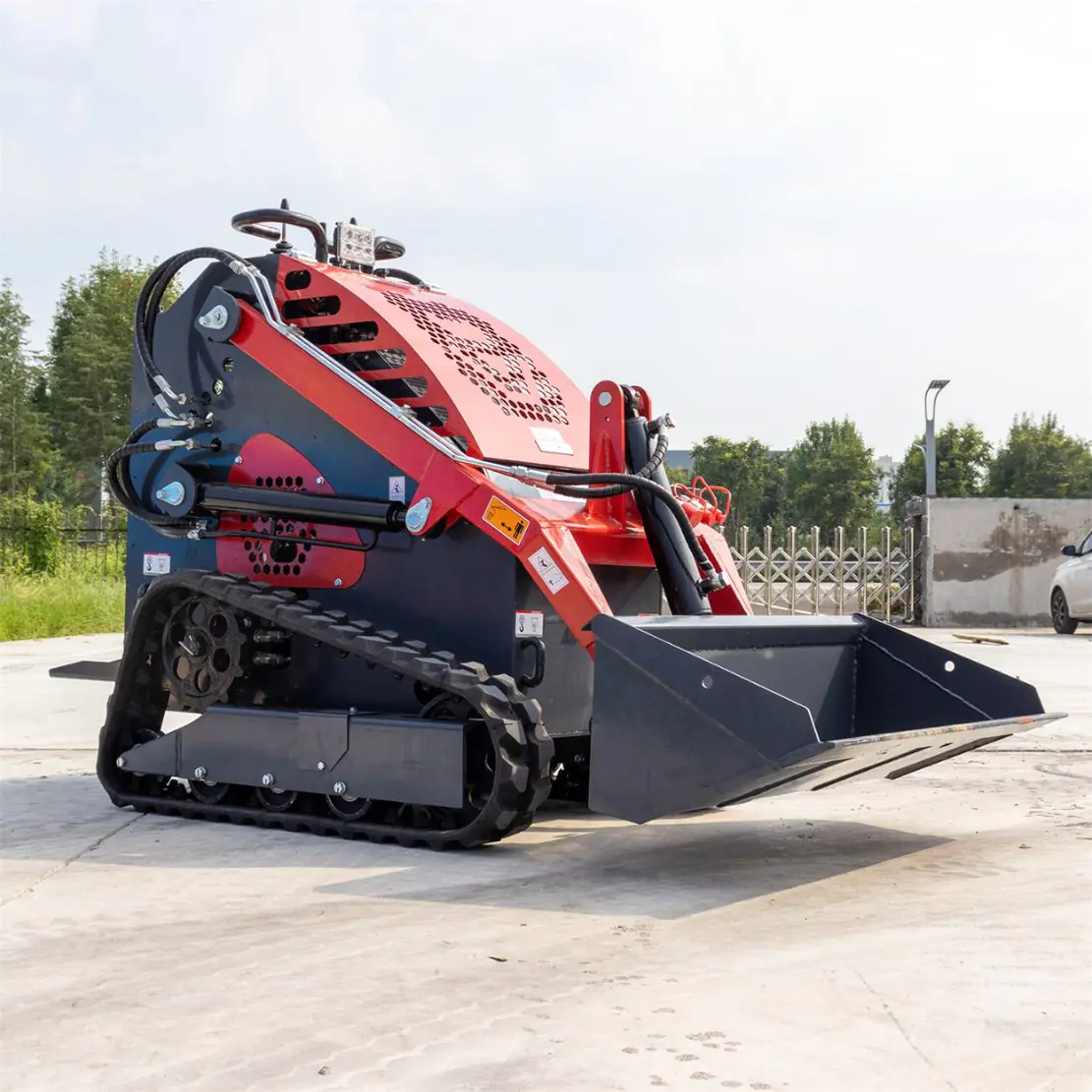Are you planning a landscaping project or need to dig a trench for utilities? Renting a mini excavator might be the perfect solution for you. In this guide, we’ll explore everything you need to know about mini excavator rentals, including costs, benefits, and tips to get the best deal. Whether you’re a homeowner or a contractor, understanding the rental process can save you time and money.
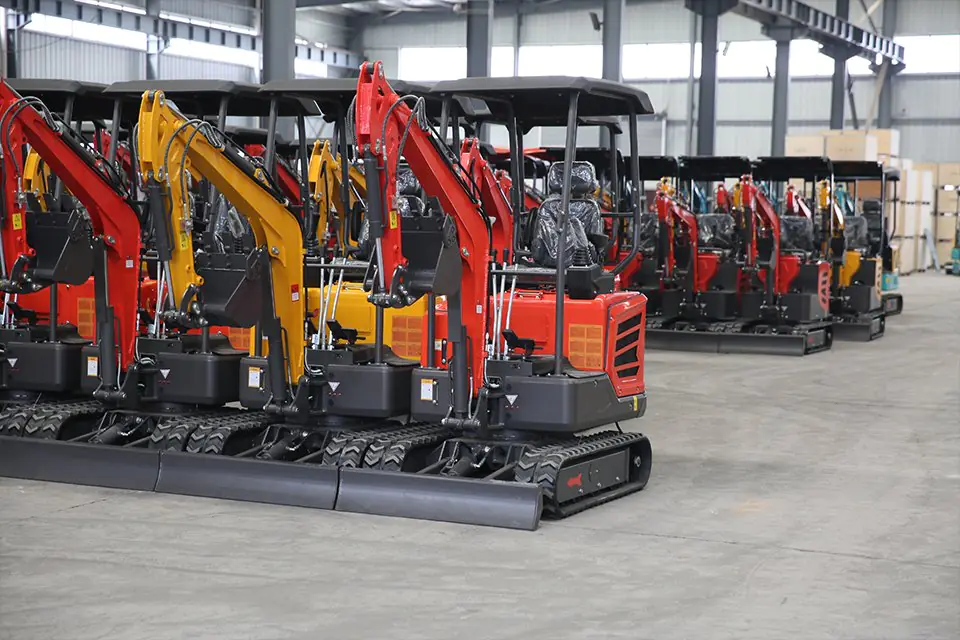
What Is a Mini Excavator and When Should You Rent One?
A mini excavator, also known as a compact excavator, is a small, heavy-duty machine used for tasks like digging, trenching, and earthmoving. With their compact size, mini excavators are perfect for tight spaces and confined work sites where standard excavators can’t fit. They typically have an operating weight ranging from 2,000 to 18,000 pounds.
Mini excavators are versatile machines used in various projects:
- Landscaping projects: Perfect for digging trenches, removing tree stumps, and installing pools.
- Construction sites: Ideal for earthmoving and backfill tasks.
- Utility work: Useful for excavating around existing structures or in confined spaces.
Whether you’re a DIY enthusiast or a professional contractor, renting one can make your job easier and more efficient.
Why Rent a Mini Excavator?
Renting gives you access to powerful equipment without the significant investment of purchasing it outright. Here are some benefits of renting:
- Cost-effective: Avoid the high costs of buying and maintaining heavy machinery.
- Flexibility: Choose the right machine for each project without long-term commitments.
- Access to the latest models: Rental companies often provide the newest equipment with advanced features.
- No storage hassles: Save space by not needing to store large equipment when not in use.
Factors That Affect the Cost to Rent a Mini Excavator
Several factors play a role in determining the cost to rent a mini excavator:
- Type of Mini Excavator: Variety of mini excavators are available, from smaller models suitable for landscaped gardens to larger ones for construction sites.
- Rental Duration: The length of the rental impacts the cost. Longer rentals often result in a lower daily rate.
- Geographical Location: Rental prices vary based on location due to demand and market conditions.
- Attachments and Accessories: Adding special attachments like augers, mulchers, or rippers increases the rental fee.
- Time of Year: Demand for mini excavators can fluctuate, affecting prices.
How Much Does It Really Cost to Rent a Mini Excavator?
So, how much does it cost to rent a mini excavator? Rental costs can vary widely, but here’s a general idea:
- Daily Rate: Might cost between $200 and $500 per day.
- Weekly Rental: Could cost around $800 to $1,500 per week.
- Monthly Rentals: May cost around $2,500 to $3,000 per month.
These are base rental rates and additional costs like delivery fees, fuel costs, and taxes may apply. Prices are subject to change based on market conditions.
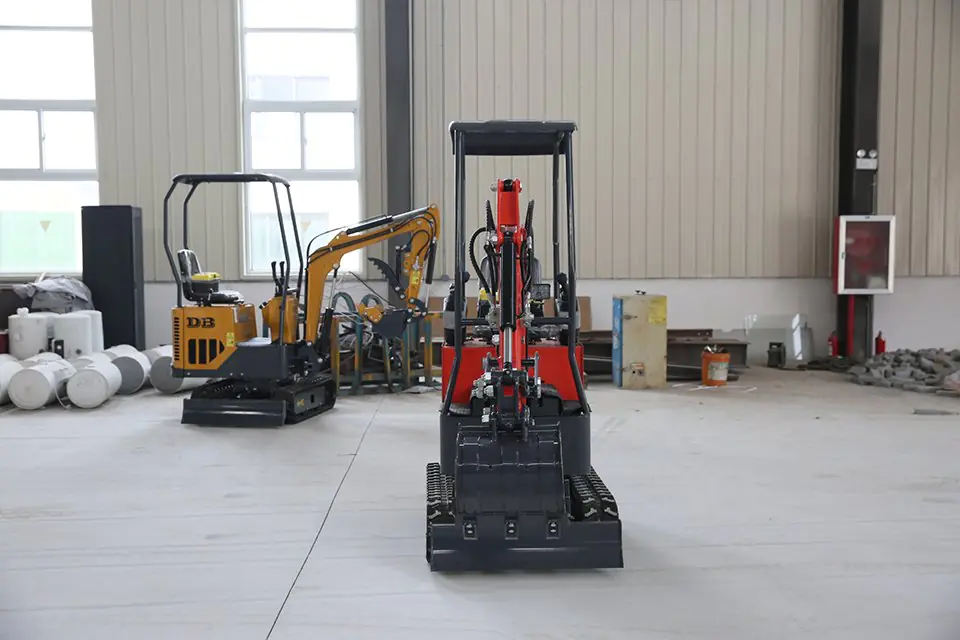
Comparing Mini Excavator Rental Costs with Buying
Considering the cost of renting a mini excavator versus buying? Here’s what to think about:
- Purchasing Costs: A new mini excavator can cost anywhere from $20,000 to over $100,000.
- Maintenance and Storage: Owning equipment means you’re responsible for upkeep and storage.
- Project Frequency: If you have frequent projects, buying might be economical. For occasional use, renting is more cost-effective.
- Depreciation: Equipment loses value over time. Renting avoids this issue.
Mini Excavator Rental Costs by Rental Duration
The longer you rent, the better the deal you might get:
- Short-Term Projects: Daily rentals are suitable but come at a higher daily rate.
- Mid-Term Projects: Weekly rentals offer a balance between flexibility and cost.
- Long-Term Projects: Monthly rentals provide the best daily rate, ideal for extended projects.
Mini Excavator Rental Costs by Region
Your geographical location can significantly affect rental costs:
- Urban Areas: Higher demand may lead to higher prices.
- Rural Areas: Prices might be lower, but availability could be limited.
- Regional Demand: Areas with lots of construction might have higher rates due to demand for mini excavators.
Benefits of Renting a Mini Excavator
Renting a mini excavator offers several advantages:
- No Long-Term Commitment: Use the equipment only when needed.
- Access to Specialized Equipment: Try different models or attachments based on project needs.
- Maintenance Included: Rental companies handle major repairs and servicing.
- Up-to-Date Equipment: Access to the latest technology and models.
Tips for Getting the Best Mini Excavator Rental Rates
Here are some tips to help you get the best rental rates:
- Compare Quotes: Get estimates from multiple rental companies.
- Plan Ahead: Booking in advance can secure better rates.
- Negotiate: Don’t hesitate to discuss pricing, especially for longer rentals.
- Limit Attachments: Only rent necessary attachments to avoid extra costs.
Frequently Asked Questions About Mini Excavator Rentals
FAQs about mini excavator rentals:
Q: Do I need a special license to operate a mini excavator?
A: Usually, no special license is required, but proper training is essential. You’re responsible for operating the machine safely.
Q: What about fuel costs?
A: Fuel costs are typically not included. You’re responsible for returning the excavator with a full tank.
Q: Can I rent attachments?
A: Yes, various excavator attachments like augers, jackhammers, and mulchers are available for an extra fee.
Q: What if I need the excavator longer than expected?
A: Contact the rental company. Rental durations can often be extended, but additional charges may apply.
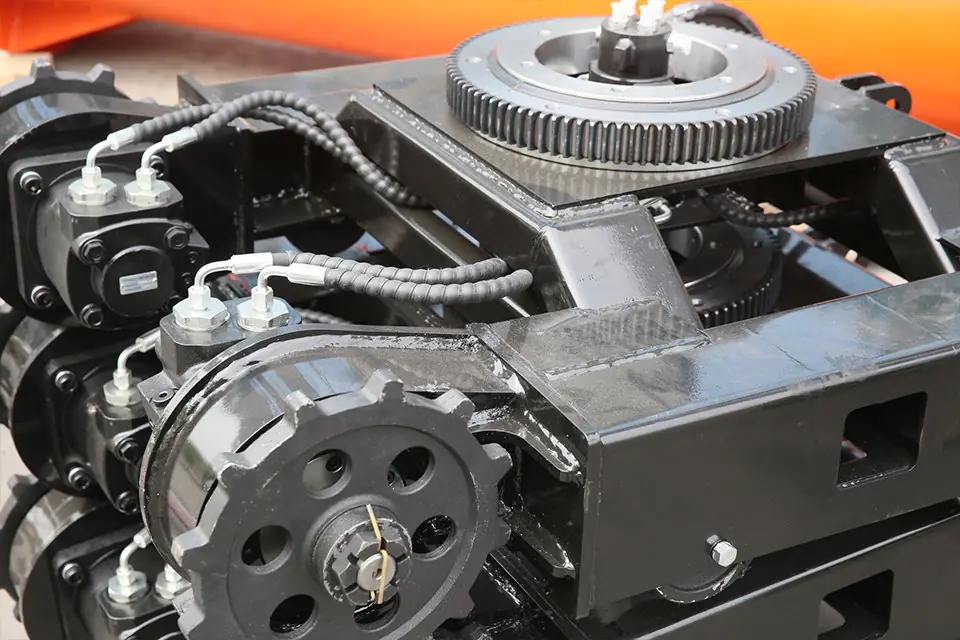
Choosing the Right Mini Excavator for Your Project
Selecting the right mini excavator depends on several factors:
- Job Conditions: Assess the terrain and space. For tight spaces or confined spaces, smaller models are preferable.
- Tasks Like Digging: For digging trenches, ensure the excavator can reach the required depth.
- Attachments Needed: Determine if you need special attachments like a ripper for tough surfaces or an auger to bore into the ground.
Consider exploring different models like the 1 Ton Mini Excavator or the 1.8 Ton Mini Excavator to find one that suits your needs.
What to Consider Before You Rent a Mini Excavator
Before you rent a mini excavator, keep the following in mind:
- Understand the Project Scope: Clearly define what you need the excavator for.
- Check Availability: High demand periods might limit options.
- Review Rental Terms: Understand the rental fee, rental periods, and any additional charges.
- Inspect the Equipment: Ensure it’s in good working condition to avoid downtime.
Additional Costs to Be Aware Of
Be mindful of these additional costs:
- Delivery and Pickup: Some companies charge for transporting the equipment.
- Fuel Costs: You’re usually responsible for fuel. Rates fluctuate so budget accordingly.
- Damage Waivers: Optional insurance to cover potential damages.
- Late Fees: Returning equipment late can result in extra charges.
Alternatives to Mini Excavators
Depending on your project, alternatives might be more suitable:
- Backhoe Loaders: Versatile but less agile than mini excavators.
- Skid Steer Loaders: Good for landscape work and moving materials.
- Standard Excavators: Heavy-duty but not ideal for confined spaces.
For versatility, consider skid steer loaders like the Chinese Mini Skid Steer Loaders which offer different capabilities.
Understanding Market Conditions in 2024
In 2024, market conditions can affect availability and pricing:
- Construction Booms: Increased activity can raise rental costs.
- Technological Advances: New models might offer better efficiency but at a higher rental price.
- Economic Factors: Inflation and fuel prices can impact overall costs.
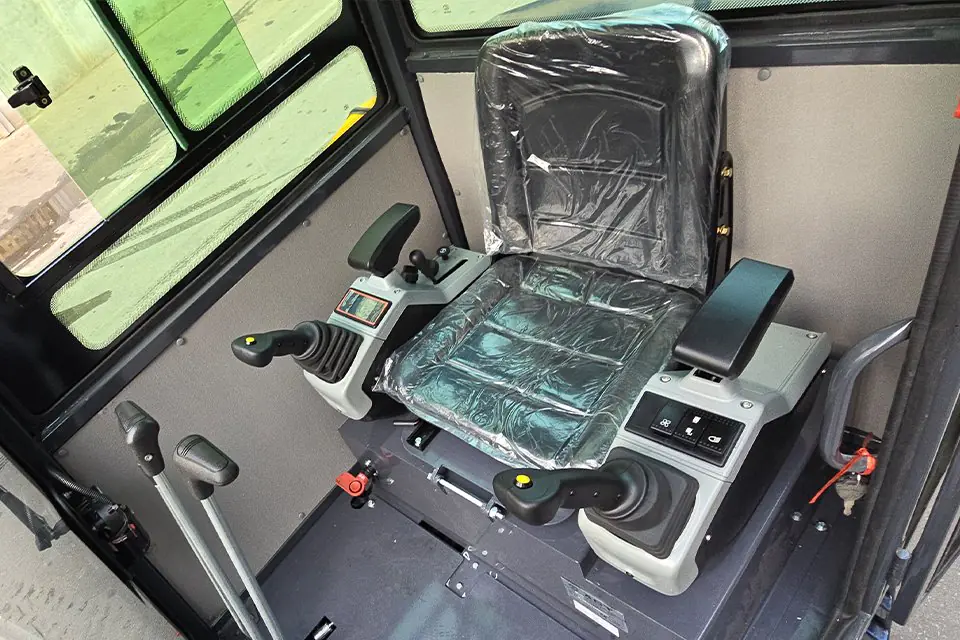
Final Thoughts
Renting a mini excavator can be a smart move for your project. By understanding the factors that impact the cost, you can make an informed decision and keep your project on budget.
Summary:
- Mini excavator rentals are cost-effective for short-term projects.
- Rental costs depend on type, duration, location, and attachments.
- Benefits of renting include flexibility, no maintenance, and access to the latest equipment.
- Plan and compare to get the best rental rates.
- Understand additional costs like fuel and delivery fees.
- Choose the right equipment based on your project needs.
